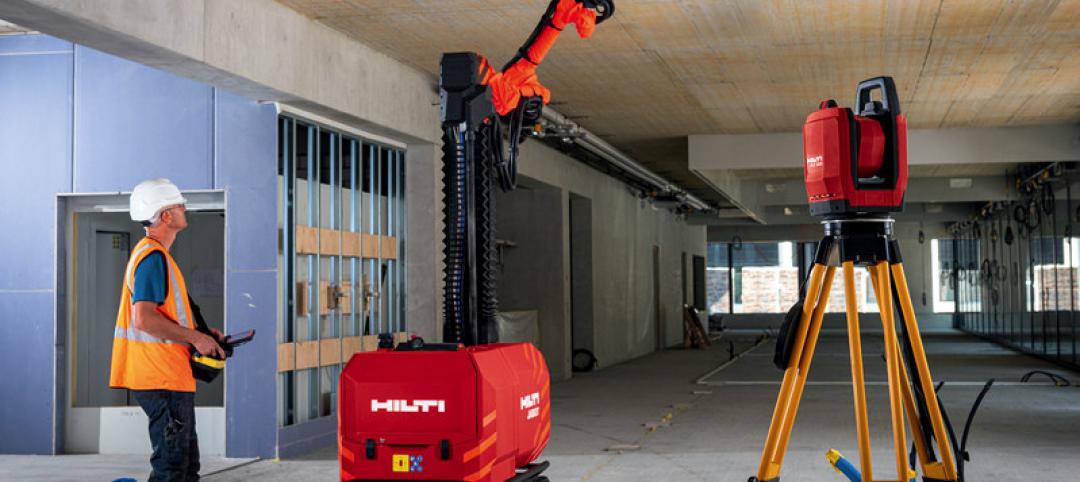Suffolk Construction has broken ground on Millennium Place III, a 15-story, 390,000-sf luxury residential tower in Boston’s Downtown Crossing neighborhood.
The $220 million project includes $135 million of hard construction costs and is comprised of 256 units with one, two, and three-bedroom apartments, 9,700 sf of retail space on the ground floor, and 125 below-grade parking spaces.
When completed in fall 2013, the new building will replace an underutilized parking lot and occupy a full city block that spans Washington Street, Avenue de Lafayette, Harrison Avenue Extension, and Hayward Place. Construction of the residential tower is expected to add 450 construction jobs, and will contribute to the revitalization of the Downtown Crossing area.
The developer is Millennium Partners, and Handel Architects of New York is the architect. The project will be designed and built to achieve LEED Silver certification.
The residential tower will be the third and final phase of Millennium Partners’ mixed-use campus in Downtown Boston. The first two phases of Millennium’s development consists of the Ritz Carlton Hotel and Towers. BD+C
Related Stories
Museums | Nov 5, 2020
The Weekly show: Designing cannabis facilities, Bob Borson's Life of an Architect, museum design
BD+C editors speak with experts from Cooper Robertson, Life of an Architect, and MJ12 Design Studio on the November 5 episode of "The Weekly." The episode is available for viewing on demand.
Multifamily Housing | Oct 30, 2020
The Weekly show: Multifamily security tips, the state of construction industry research, and AGC's market update
BD+C editors speak with experts from AGC, Charles Pankow Foundation, and Silva Consultants on the October 29 episode of "The Weekly." The episode is available for viewing on demand.
AEC Tech | Oct 28, 2020
Meet Jaibot, Hilti's new construction robot
The semi-autonomous robot is designed to assist MEP contractors with ceiling-drilling applications.
Hotel Facilities | Oct 27, 2020
Hotel construction pipeline dips 7% in Q3 2020
Hospitality developers continue to closely monitor the impact the coronavirus will have on travel demand, according to Lodging Econometrics.
Data Centers | Oct 26, 2020
Speed to market is biggest obstacle for burgeoning data center construction sector
Hyperscale and edge computing are driving growth in data center and mission critical facilities construction.
Adaptive Reuse | Oct 26, 2020
Mall property redevelopments could result in dramatic property value drops
Retail conversions to fulfillment centers, apartments, schools, or medical offices could cut values 60% to 90%.
Multifamily Housing | Oct 15, 2020
L.A., all the way
KFA Architecture has hitched its wagon to Los Angeles’s star for more than 40 years.
Architects | Oct 14, 2020
The Weekly Show: AI for building facade inspections; designing a world-class architecture firm
The October 15 episode of BD+C's "The Weekly" is available for viewing on demand.
Coronavirus | Oct 8, 2020
The Weekly show: Statue of Liberty Museum, emotional learning in K-12, LA's climate change vulnerability
The October 8 episode of BD+C's "The Weekly" is available for viewing on demand.
Architects | Oct 8, 2020
Gensler’s annual report chronicles the firm’s ‘transformation’
The firm positions itself as a leading voice for how building design plays a central role in meeting society’s evolving demands.

















